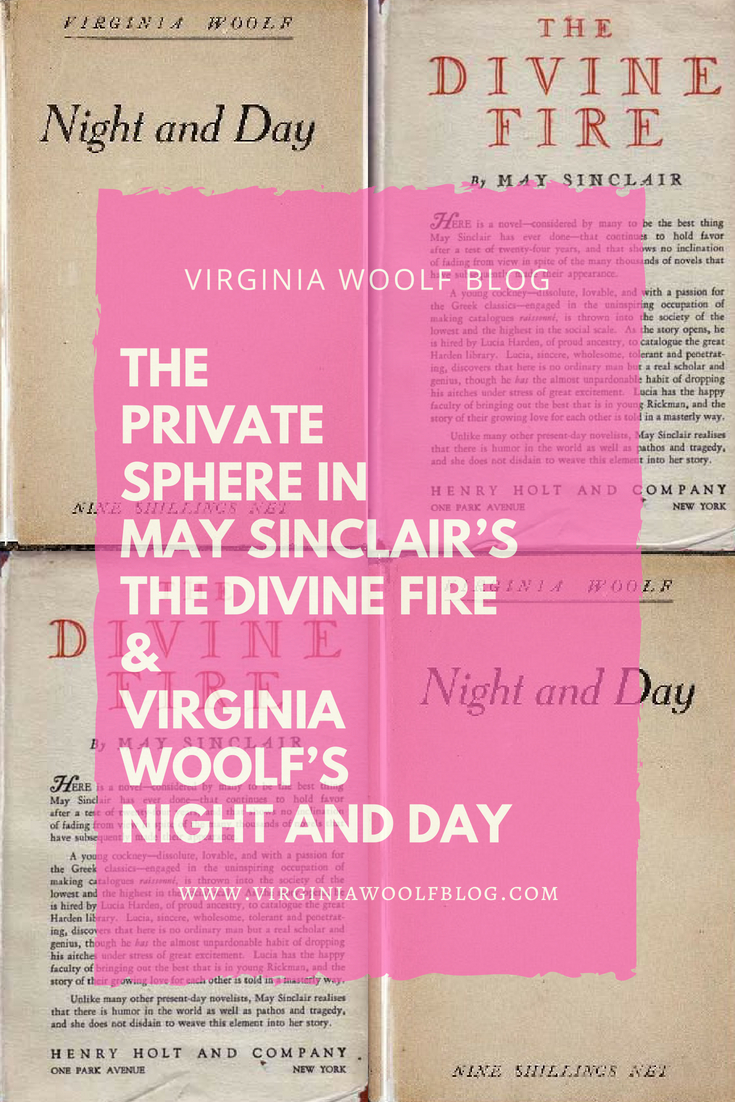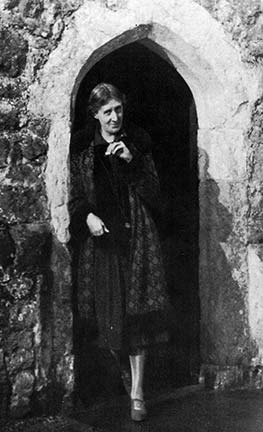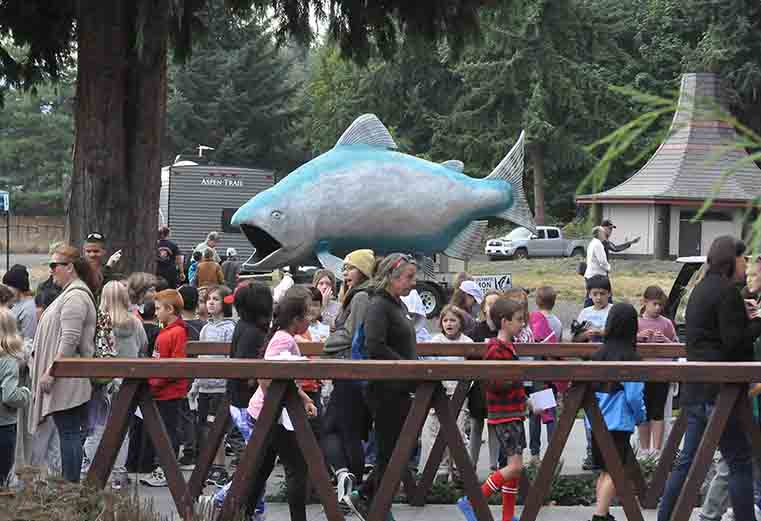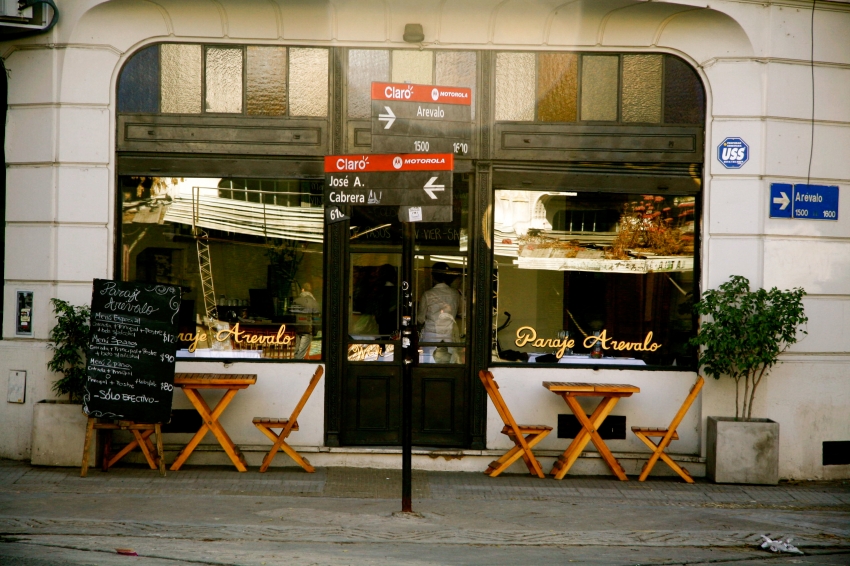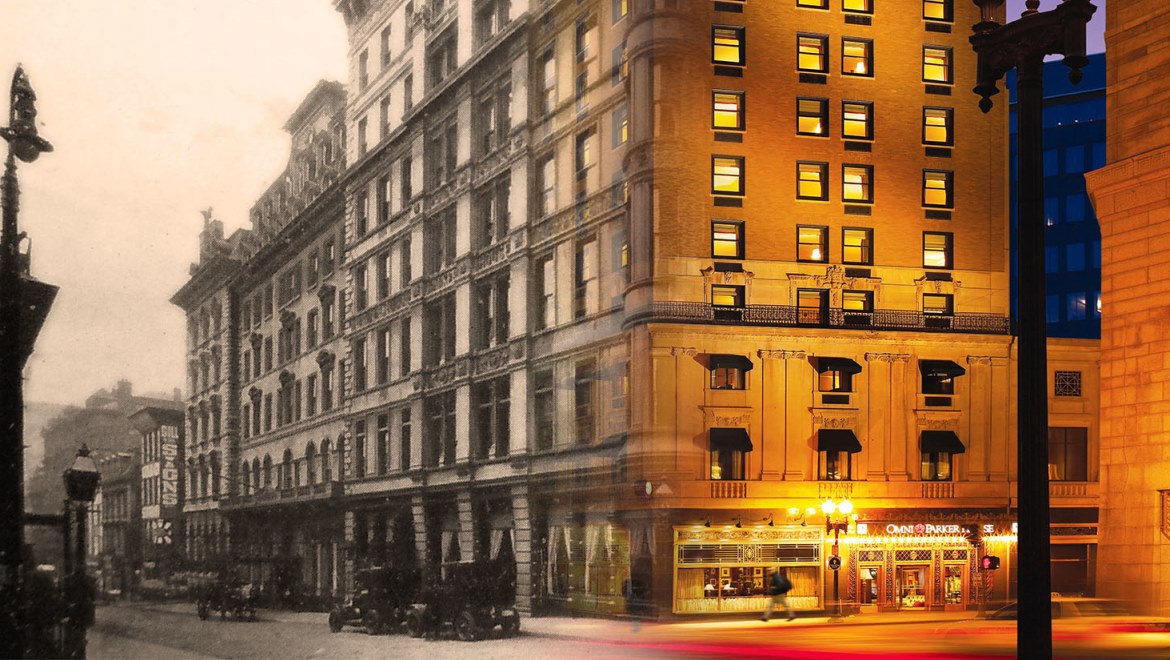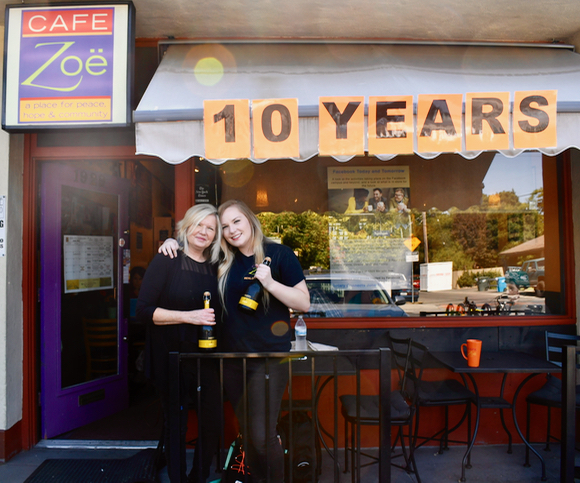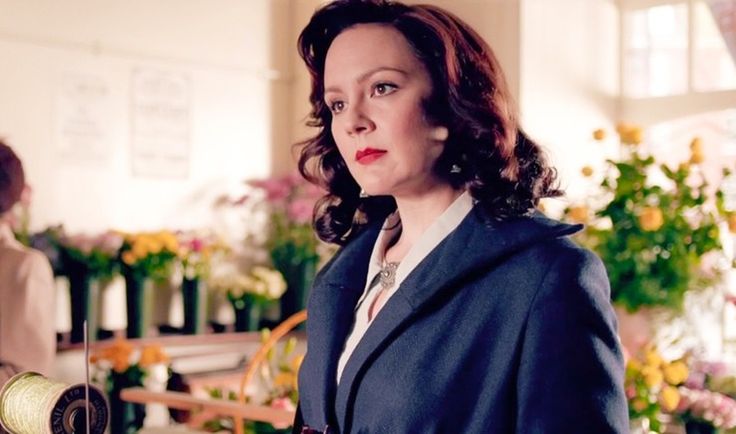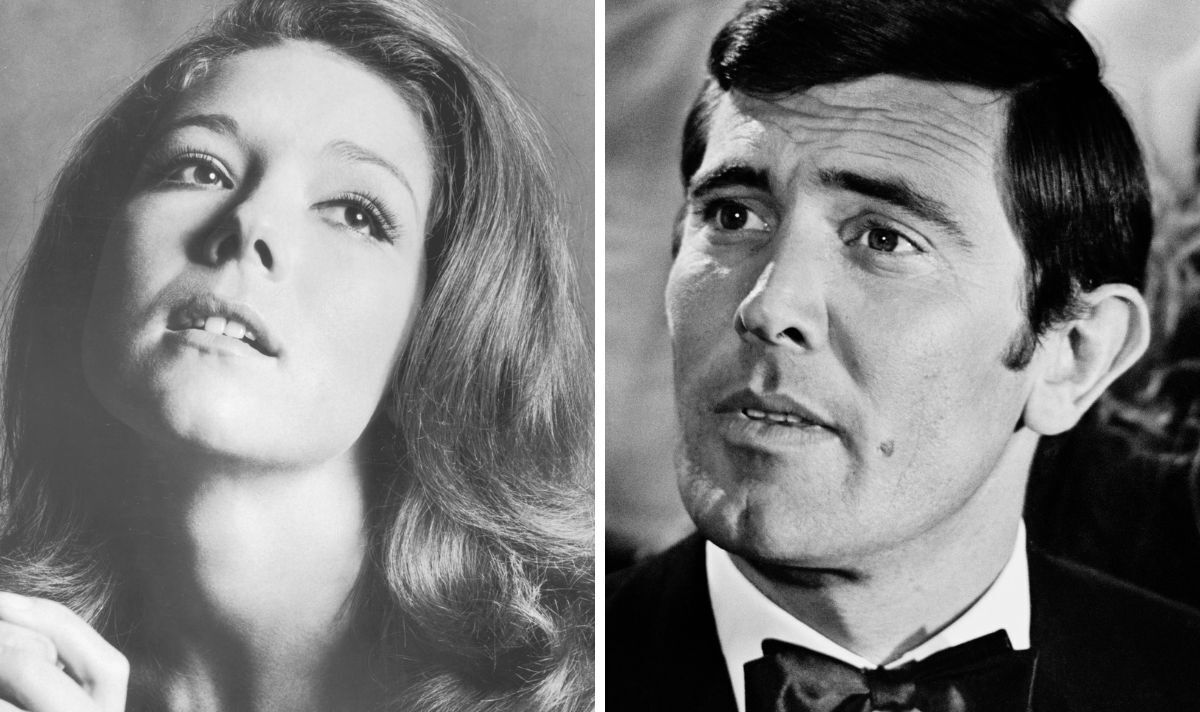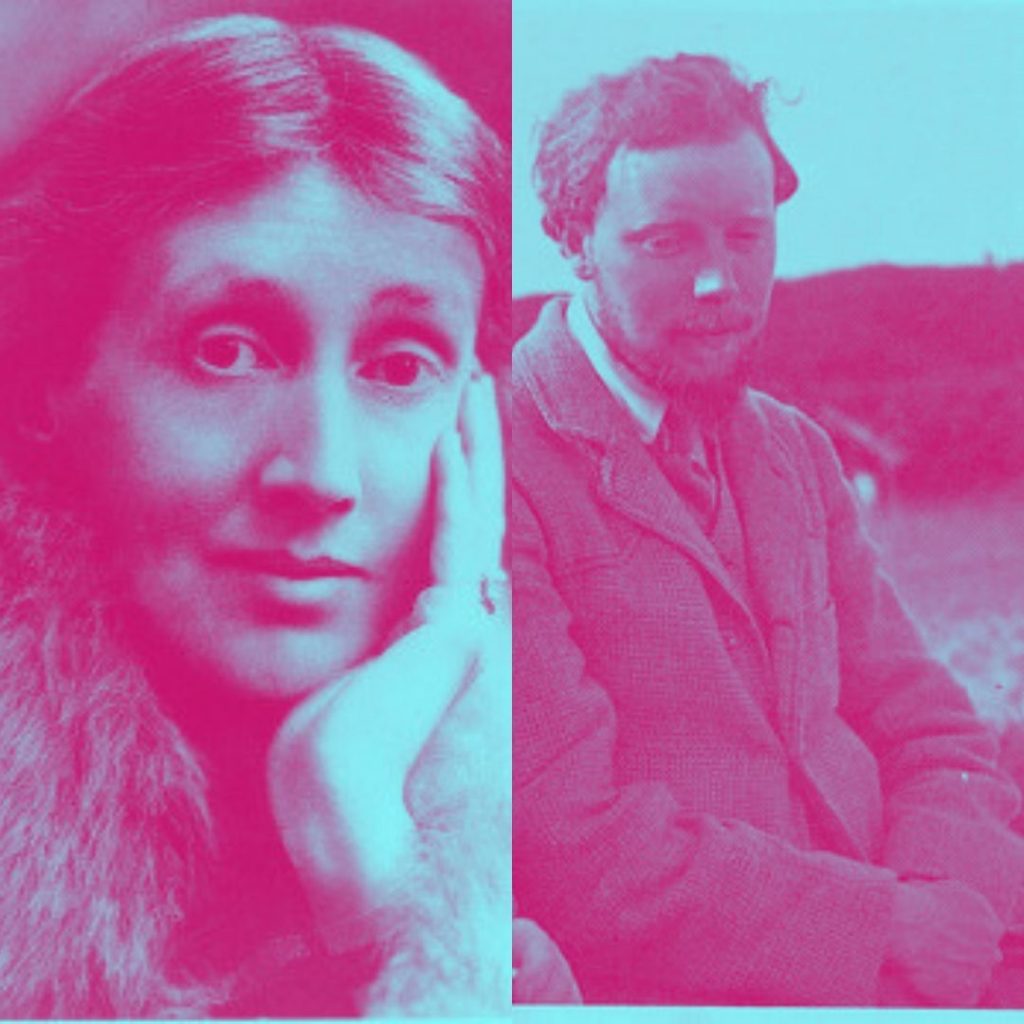
Virginia Woolf began openly flirting with her brother-in-law Clive Bell, shortly after the birth of his first child, Julian, in 1908, causing a deep rift in Virginia’s relationship with her sister Vanessa.
Although Virginia and Vanessa had a close relationship, after Vanessa gave birth, the baby soon took up all of Vanessa’s time and attention.
This left Virginia and Clive feeling neglected and jealous. In retaliation, the two began a flirtatious relationship, hoping to catch Vanessa’s attention, according to the book Art and Affection: A Life of Virginia Woolf:
“A month or so after her son Julian’s birth, Vanessa wrote a generous letter to Virginia offering to take her on a holiday to St. Ives to repay her for financing Margery Snowden’s holiday with Vanessa some years before. But then an unexpected development defeated such generosity: Vanessa’s husband and sister because jealous of her son. Clive complained to Virginia that the baby screamed all day long. Virginia took his side, announcing that ‘a child is the very devil.’ Sure that ‘nobody could wish to comfort it, or pretend that it was a human being,’ Virginia concluded, ‘I doubt that I shall ever have a baby.’”
Much to Vanessa’s dismay, Virginia and Clive began sending each other suggestive letters. In one such letter, Virginia tells Clive how much she wished to have Vanessa back, referring to her as “what you have by your side this very minute…Kiss her, most passionately, in all my private places – neck, arms, eyeball, and tell her – what new thing is there to tell her? How fond I am of her husband?”
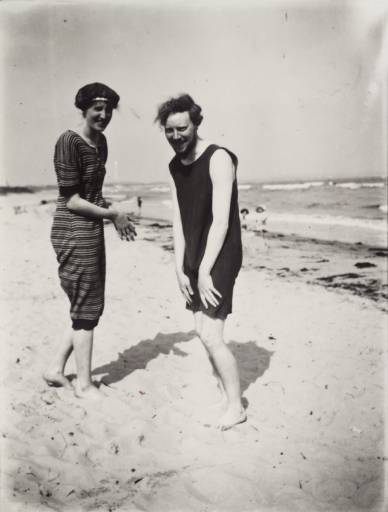
The flirting did indeed catch Vanessa’s attention, creating tension between the three of them which soon came to a head during the trip to St. Ives, when it all became too much for anyone to ignore:
“Vanessa’s preoccupation with her child induced Clive to court Virginia’s affections openly, much to Vanessa’s distress. Moreover, Virginia so encouraged the flirtation that tensions escalated; indeed, they may have forced Virginia to leave early. In her haste, she forgot the book she was reviewing. Clive fetched it and fell as he was trying to hand it to her as the train pulled away. From London, Virginia apologized for Clive’s injury, although her ‘subtle sense of what is due’ finally made her admit the truth: ‘Nessa is the injured party.’ In return, Vanessa seemed to be punishing Virginia by not writing [to her].”
Vanessa was not the only one to notice what was going on between Virginia and Clive. The entire Bloomsbury group quickly became abuzz with gossip, with many of them writing to Virginia and Clive warning them about their actions.
Outraged, Lytton Strachey even wrote to Leonard Woolf, who was working in Ceylon at the time, asking him if he thought it was the “wildest romance? That that little canary-coloured creature we knew in New Court [Trinity College] should have achieved that?”
Despite the fact that Virginia finally admitted her wrong doing and that everyone began to notice, it didn’t stop either her or Clive. The flirtation continued with letters, bawdy poems and suggestions from Clive that they make their relationship more physical, while Vanessa constantly urged Virginia to marry one of her many suitors, which she showed no interest in.
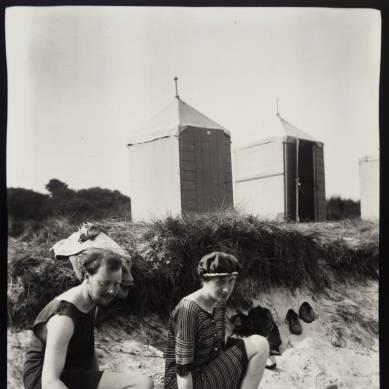
The tension almost led to a meltdown when the Bloomsbury group decided to play a letter-writing game in 1909, during which Clive and Virginia openly flirted with each other in front of everyone, according to the book Virginia Woolf’ Renaissance: Woman Reader of Common Reader:
“They wrote a series of letters under false identities that ‘served only to embolden the participants. From behind the mask Clive felt able to renew his gallantries with unusual openness and ardour.’ The more bold Clive became, the more solicitous Lytton appeared, warning Virginia that her behavior made him ‘jump to the most extraordinary conclusions,’ presumably that she and Clive were actually having an affair.”
Virginia did not appreciate these comments, responding to Lytton in a letter:
“So you’ve noticed it then? How clever you are, and how unkind! For don’t you think that these ‘extraordinary conclusions’ you like so much may be rather uncomfortable for me and perhaps (though I really won’t admit it) a little uncomfortable for Clarissa [Vanessa]?”
Virginia refused to accept the blame for making Vanessa uncomfortable and instead suggested it was Lytton and Clive’s fault for bringing the matter up in the first place.

Undeterred and unashamed, Clive continued sending Virginia letters, telling her that he loved her and wanted her to share “ecstasy” with him. Virginia reveled in the attention, although she began to fear that the flirtation was destroying her relationship with her sister.
Despite all the talk and love letters, nothing physical ever came of the flirtation and a few years later, after a failed marriage proposal from Lytton Strachey and a few marriage proposals Virginia rejected, she finally married Leonard Woolf in August of 1912.
Meanwhile, as a result of all the flirting and Clive’s affairs with other women, his marriage to Vanessa cooled, eventually becoming what their son Quentin Bell called a “union of friendship.”
Although the whole episode was over, the effects forever tainted Virginia and Vanessa relationship, according to the book Art and Affection:
“That the flirtation between Clive and Virginia remained sexually innocent does not excuse its inappropriateness and thoughtlessness. Seventeen years later, Virginia remembered it as an ‘affair with [both] Clive and ‘Nessa.’ Clive flirted with her and Virginia flirted with him because both of them were trying to reengage Vanessa’s attentions. But Virginia’s plan failed. Having trespassed on her sister’s emotional territory, Virginia was once again experiencing loss and guilt…she did not need to read her mind to sense Vanessa’s distrust…The flirtation was otherwise a disaster, whose repercussions lasted for the rest of Virginia’s life. Decades later, Vanessa’s daughter remembered her mother’s wariness around Virginia, and ‘on Virginia’s side a desperate plea for forgiveness.’”
Sources:
“Virginia Woolf’ Renaissance: Woman Reader Or Common Reader?”; Juliet Dusinberre; 1997
“Art and Affection: A Life of Virginia Woolf”; Panthea Reid; 1996
New York Times: The Letters of Virginia Woolf; Ellen Moers; November 1975, www.nytimes.com/books/00/12/17/specials/woolf-letters1.html

